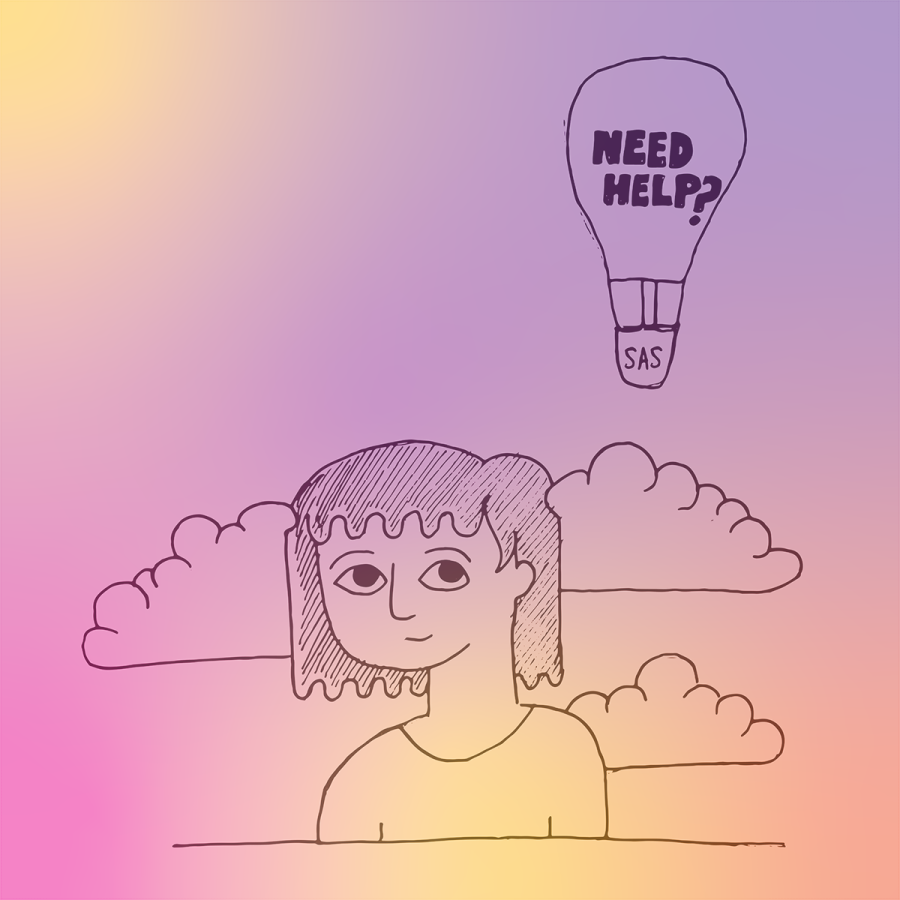SAS is an important resource and needs to be advertised
January 21, 2022
I have chronic migraine, meaning I face at least 15 headache days a month which directly affect my ability to perform at the same rate as other students.
When I entered my first year at UVM, my neurologist recommended I reach out to the accessibility office. My condition is not limited to the days I am facing the pain itself, my brain is on a migraine-driven feedback loop that means I do not function to the same standards as able-bodied students.
Without the guidance from my neurologist, I would have never reached out to the resources available to me.
Migraine is a neurological disorder that manifests as severe head pain accompanied by symptoms of interference with activity, nausea, vomiting and sensitivity to light and sound, according to the 2016 Handbook of Clinical Neurology.
Student Accessibility Services is a confidential on-campus resource available to students with documented disabilities.
The office formally began providing accommodations to students in 1990 when the Americans with Disabilities Act was formalized, SAS Program Director Sharon Mone stated in a Jan. 12 email.
“UVM was ahead of the law in providing accommodations to students in leveling the playing field and working with students and faculty,” Mone stated.
I believe something as important as accessibility services should be better advertised to UVM’s student body.
Approximately 11% of U.S. undergraduates register a disability with their school even though the actual number of students with a disability is probably two or three times higher, according to Yale’s University Disability Facts webpage.
Information about SAS can be found on syllabi, but I was unaware how to start using their services until my neurologist recommended it.
SAS believes in students being self-advocates and taking the initiative themselves to request accommodations, according to the SAS FAQs webpage.
SAS offices and faculty have been extremely supportive and understanding of the fact that I face obstacles out of my control. Not only do they provide accommodations I need to succeed, but they also help facilitate conversations between faculty and myself.
Some of the provided resources range from peer note-takers and extended exam time to dietary and housing accommodations, according to the SAS FAQs webpage.
I am not alone in needing these accommodations.
I feel lucky to be aware of the resources at my disposal provided by UVM at no cost.
I highly suggest anyone with a documented disability who hasn’t already done so to reach out to SAS. They are there to help advocate for and protect the rights of students who need their assistance.
Being a person with a disability should never be a barrier when it comes to obtaining an education.
